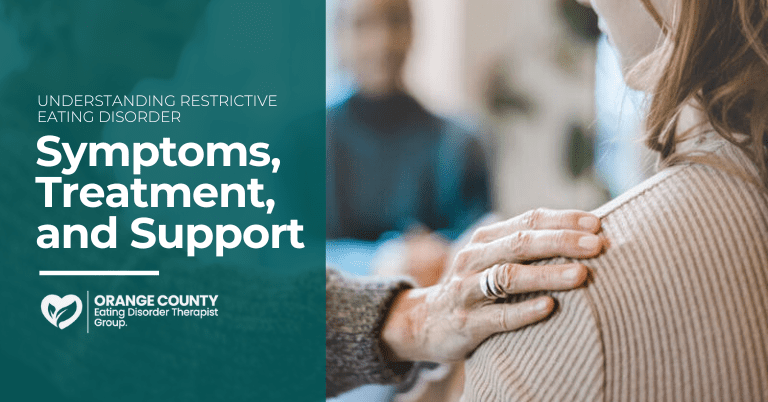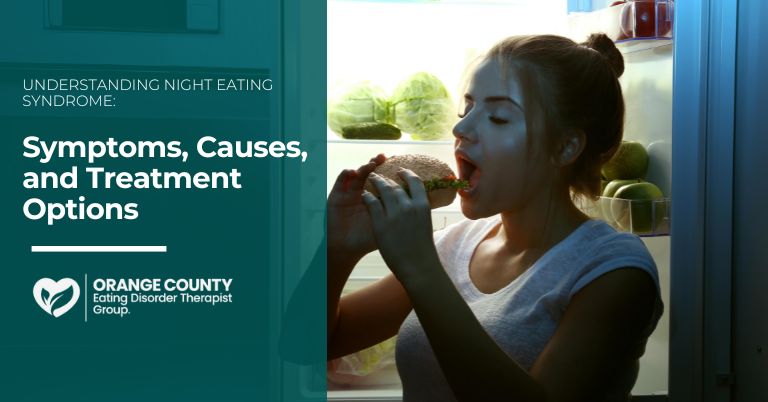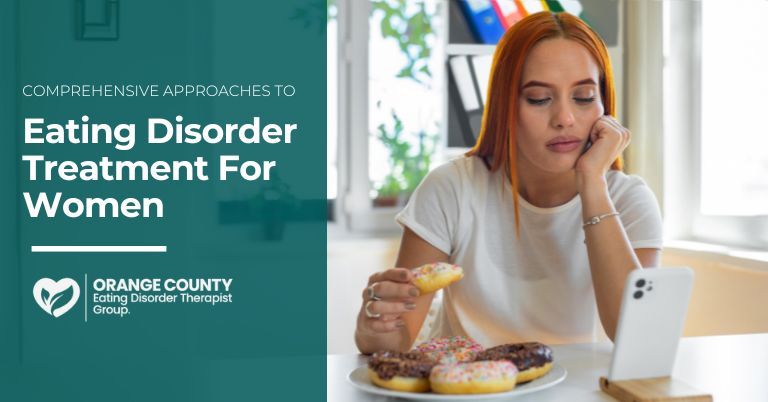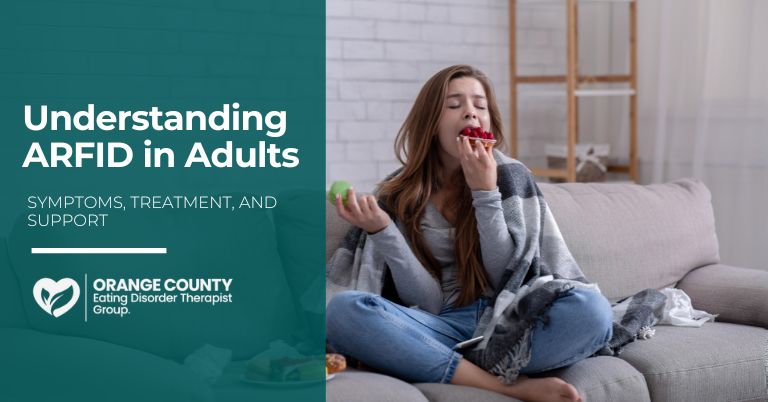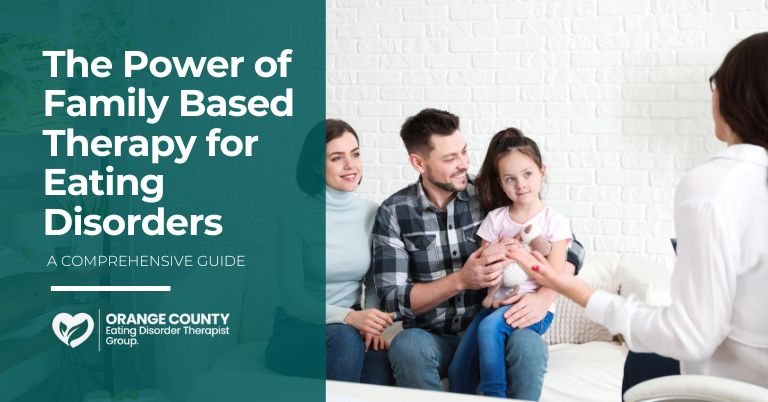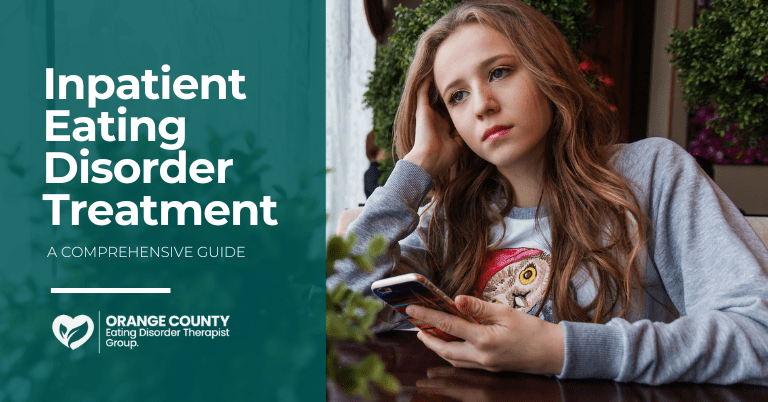Restrictive Eating Disorder
Restrictive eating disorder is a complex condition characterized by severe limitations on food intake and an intense fear of gaining weight. It can involve dramatically reducing calorie intake and avoiding large categories of food, leading to significant health risks.
While there is limited research on the prevalence of Avoidant Restrictive Food Intake Disorder (ARFID), studies have found that between 0.5%-5% of children and adults in the general population have the disorder.
What Is Restrictive Eating Disorder?
Restrictive eating disorder, often seen in conditions like anorexia nervosa, focuses on limiting caloric intake to the point where it negatively impacts physical and mental health. It’s not merely about choosing to eat healthily but is an unhealthy obsession with food intake and weight control that can lead to serious health consequences.
Key Symptoms of Restrictive Eating Disorder
Recognizing the symptoms of restrictive eating disorder is crucial for early intervention and effective treatment. Common signs include:
- Extreme Weight Loss: Rapid and noticeable weight loss due to severe calorie restriction
- Fear of Weight Gain: Intense fear of gaining weight, even when underweight
- Food Obsession: Preoccupation with food, calories, and dieting dominates daily life
- Withdrawal from Social Activities: Avoiding situations involving food, which can lead to social isolation
- Physical Symptoms: Including dizziness, fatigue, and a disruption in menstrual cycles among females
Treatment Options for Restrictive Eating Disorder
Effective treatment for restrictive eating disorder typically involves a multidisciplinary approach that includes medical care, nutritional counseling, and psychotherapy.
- Health Monitoring: Regular check-ups to address and treat physical health issues resulting from malnutrition.
- Medication: Sometimes necessary to treat co-occurring issues like depression or anxiety.
- Dietary Management: An eating disorder dietician provides meal plans that ensure nutritional needs are met.
- Reintroduction of Foods: Gradually reintroducing a wider variety of foods into the diet.
- Cognitive Behavioral Therapy (CBT): Helps modify distorted thoughts and behaviors related to food and body image.
- Family-Based Therapy (FBT): Involves family members in the treatment process to improve support systems at home.
- Group Therapy: Offers support from peers who are facing similar challenges.
- Eating Disorder Counseling: Provides a safe space to discuss fears and develop coping strategies.
The Role of Professionals in Treating Restrictive Eating Disorder
- Expert Diagnosis and Treatment Planning: A specialist who can provide comprehensive care tailored to individual needs.
- Coordination of Care: They often coordinate treatment across different services, ensuring a holistic approach.
- Individual Therapy: Focuses on addressing psychological factors contributing to the eating disorder.
- Behavioral Modification Techniques: Implements strategies to change harmful eating habits.
Choosing the Right Treatment Provider
Selecting the right team for treating a restrictive eating disorder is crucial for recovery. Consider the following when making your choice:
- Experience and Specialization: Ensure the professionals have specific training and experience in dealing with restrictive eating disorders.
- Treatment Philosophy: Choose providers whose treatment approach aligns with the patient’s needs and values.
- Accessibility: Consider location and availability to ensure consistent follow-up and support.
Conclusion
Restrictive eating disorder is a severe and potentially life-threatening condition that requires comprehensive treatment and support. By understanding the symptoms and accessing effective treatment options, individuals can embark on a journey to recovery and regain a healthier relationship with food. Remember, the path to recovery is unique for each individual, and finding the right support system is key.
Finding the right support for managing an eating disorder is crucial, and an eating disorder therapist can provide the specialized care needed for recovery. Working with an eating therapist helps address the psychological aspects of eating disorders, while an eating disorder dietician focuses on nutritional rehabilitation and creating a balanced diet plan.
An eating disorder specialist combines these approaches to offer comprehensive care, ensuring that all aspects of the disorder are treated. Eating disorder counseling provides a safe space for individuals to explore their feelings, behaviors, and thoughts related to food and body image, facilitating a holistic approach to recovery. Together, these professionals form a robust support network, guiding individuals towards a healthier relationship with food and their bodies.
FAQs
1. How is a restrictive eating disorder different from other eating disorders?
Unlike other eating disorders that may involve binge eating or purging, restrictive eating disorder primarily involves severe limitation of food intake.
2. Can restrictive eating disorder be cured?
While “cure” might not be the appropriate term, many individuals can recover from restrictive eating disorders with appropriate treatment and manage their symptoms effectively.
3. What are the long-term effects of restrictive eating disorder?
Long-term effects can include osteoporosis, infertility, heart issues, and severe psychological disorders if not treated.
4. How can family members support a loved one with restrictive eating disorder?
Family members can be supportive by understanding the disorder, being compassionate, and encouraging treatment without judgment.
5. What should I look for in an eating disorder treatment program?
Look for programs that offer a multidisciplinary approach, have experienced staff, and provide personalized treatment plans.

